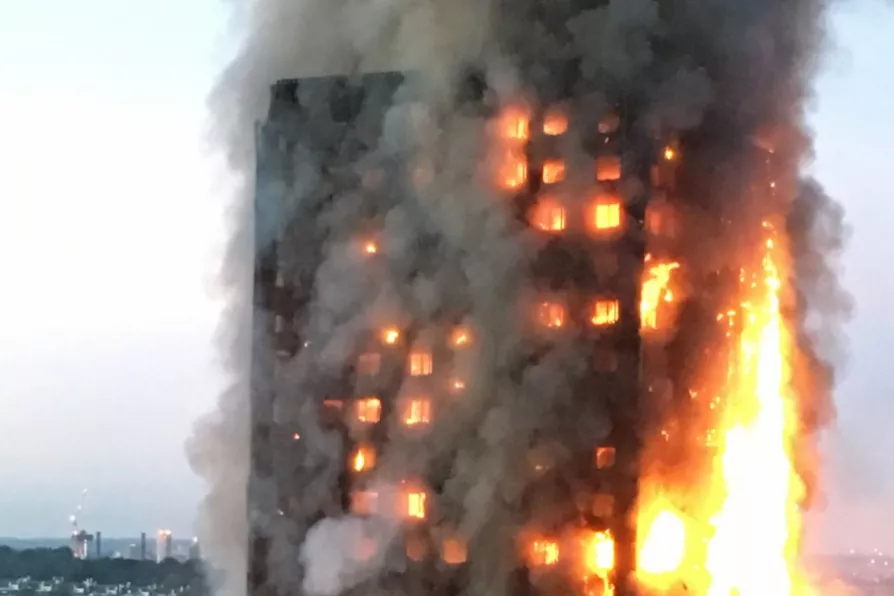John Wojcik pays tribute to a black US activist who spent six decades at the forefront of struggles for voting rights, economic justice and peace – reshaping US politics and inspiring movements worldwide


LOOKING back to the confusing, fearful, anxious days immediately following the worst fire in post-war Britain, it seems inconceivable there are still no answers, no homes for the majority of survivors and displaced and no justice.
Reputable cladding companies have anonymously told the Morning Star that, even now, they are still being asked to tender and supply plastic-based systems that are unfit for purpose and a danger to human life in the event of a fire.
Only a change in legislation will end this practice because 12 months after Grenfell a failing system is used to obtain building consents and approvals.

Former judge ANSELM ELDERGILL examines the details and controversy of Lucy Letby’s trial and appeal in the context of famous historical wrongful convictions that prove both the justice system and legal activists make errors

To quell the public anger and silence the far right, Labour has rushed out a report so that it can launch a National Inquiry — ANN CZERNIK examines Baroness Casey’s incendiary audit and finds fatal flaws that fail to 'draw a line' under the scandal as hoped











